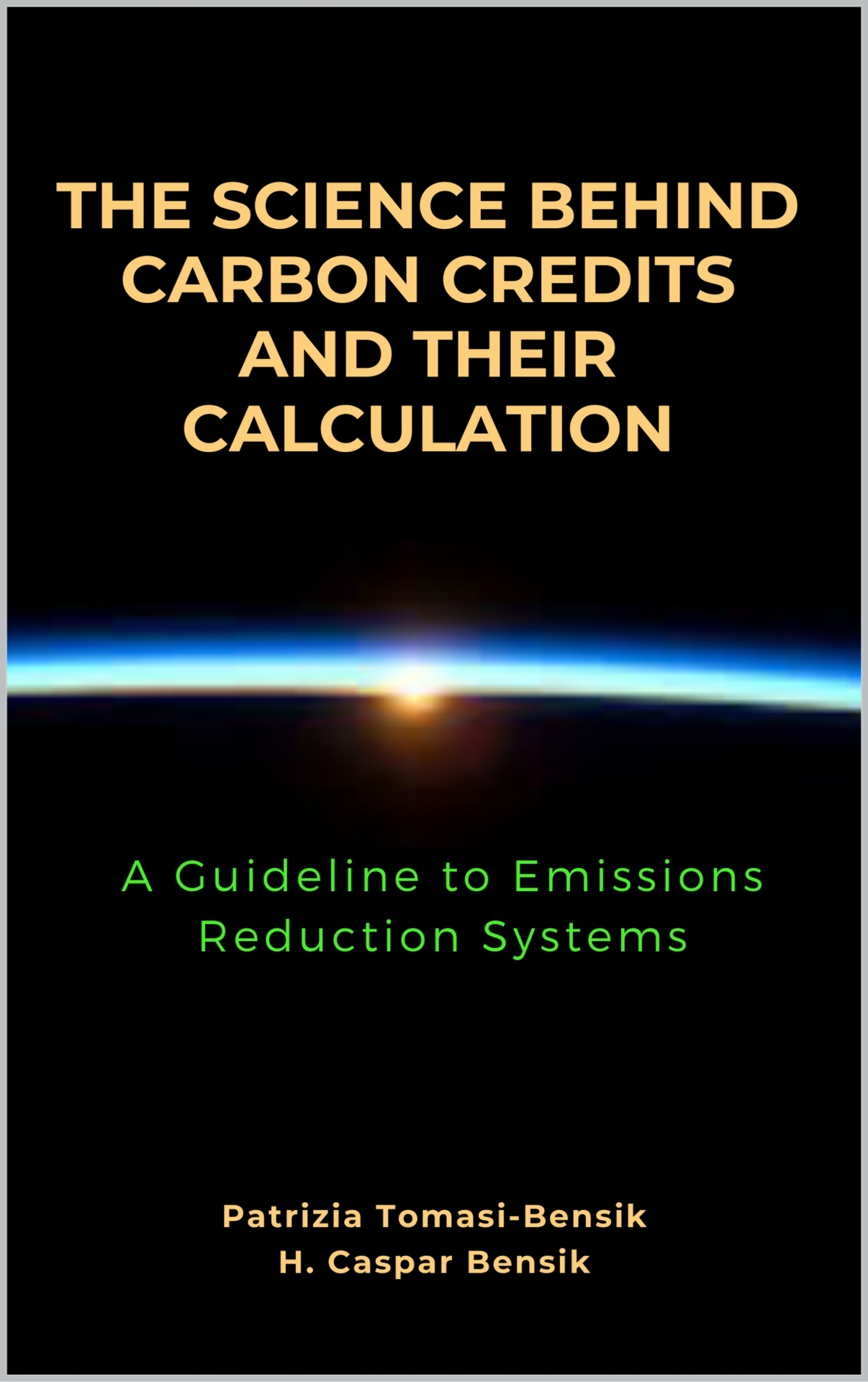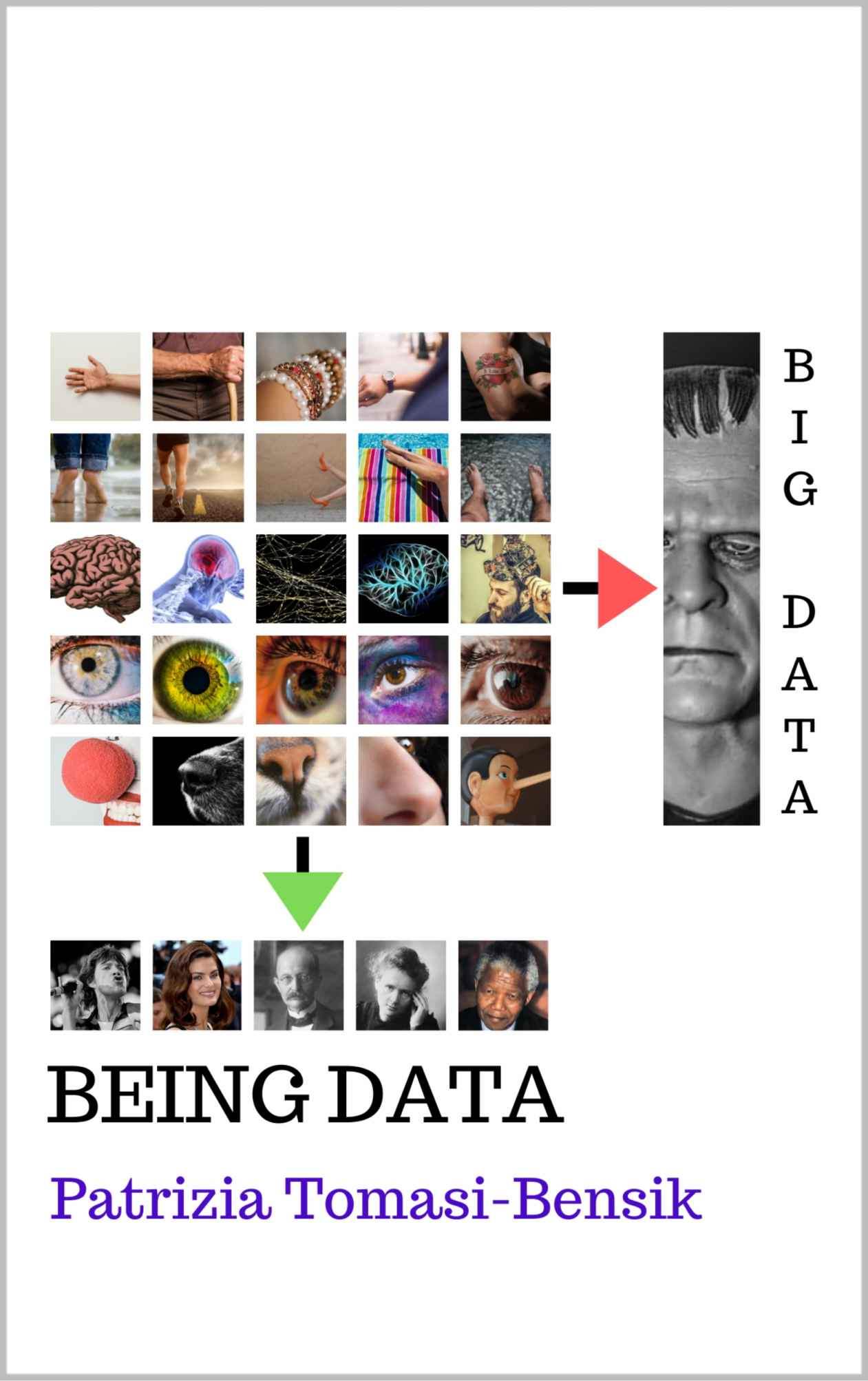Planck E PressCenter Articles
The Unsustainable Stability of the Atom
Date published: 2024-01-29
Date modified: 2024-01-29
Reading time: 00:01:13

“We are an impossibility in an impossible universe.”
Ray Bradbury
The theme is the same. Both the beautiful book by Mila Kundera and the film Closer deal with the search for the lightness that happiness implies, which turns into an unsustainability that ultimately destroys the characters.
The Chinese proverb says that life is movement, not force. And in the long run, everything that is forced falls apart.
Take, for example, the atom of Marie Curie, Becquerel and Rutherford. In 1911, the latter's experiments led the scientific community to accept an atom with a nucleus and electrons orbiting it.
The fact is that this configuration, which corresponds to the model of the solar system proposed by Newton, cannot explain the impressive stability of the atom.
Let's say there was a collision between a planet and an asteroid large enough to change its orbit. There is no way that planet could return to its original orbit after the collision.
On the other hand, let's take the carbon atom, which is all the rage these days. After countless bonds with other elements have been formed and broken, the carbon atom will always return to its original configuration.
Bohr explained this stability in 1913. In reality, there is no continuum of atoms, but more or less stable patterns. Since atomic energy changes only through the propagation of quanta, the "existence" of an atom occurs only during stationary periods.
In the same way, lightness for Tereza and Tomas; Sabina and Franz; Alice and Dan; Anna and Larry would only last for a moment.
Recent Presscenter Articles
-
The Parametrization of Science
-
A Scientific Impossibility
-
The Bell-Curve and the Neutron
-
How to Calculate the Distance to Stars
Planck E - Books
For further information about Planck E PressCenter, please contact us.
Divulging ingenious solutions
The mission of the Planck E PressCenter is to promote ideas, products and theories that have not yet reached the mainstream, as captured in our first release Eccentrics and their Ingenious Solutions.
Newsletter
Sign up for our weekly Planck E Newsletter, complete with the latest ingenious solutions.
Click here for the signup form.
Submit your ingenious solution
We encourage you to submit your ingenious solution, article, press release or "out of the mainstream" technical idea for publication on the Planck E PressCenter. Please send us an e-mail to presscenter@planck-e.com and enquire how.
To learn more about holistic engineering, solutions inspired by nature, monetization of diseconomies, training courses or the incorporation of Being Data to your day-to-day, please follow us on the social networks.



